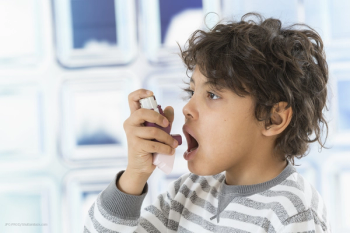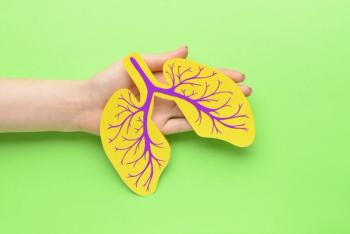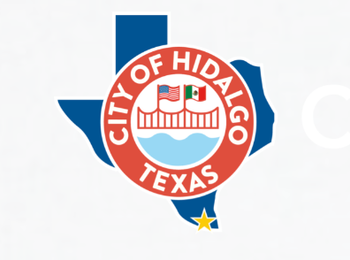
A Possible Link Between Acid Reducers and Asthma
Infants exposed to acid reducers may have an increased risk of developing asthma and recurrent wheeze in childhood.
Acid suppressants, particularly
In addition, in utero exposure to acid suppressants has been associated with an increased risk of recurrent wheeze and asthma in childhood. It is not known, though, if exposure to these drugs in infancy poses the same risk.
To gain more understanding, researchers conducted a longitudinal observational study of infants with an increased risk of developing recurrent wheeze or asthma due to a history of severe bronchiolitis. The study was published in
Study limitations included the observational design of the study and that all the study participants had a history of severe bronchiolitis and were, therefore, at high risk of developing asthma and recurrent wheeze.
The researchers intend to confirm the results of this study using a patient population that includes healthy children. However, they advise that the potential benefits and risks of gastroesophageal reflux and GERD therapy in infants should be weighed when considering treatment in this population. “In line with pediatric guidelines, doctors should use caution when prescribing acid suppressant medications during infancy. As always, doctors should carefully consider the potential risks and benefits of the therapy,” commented Robinson and her colleagues.
Newsletter
Get the latest industry news, event updates, and more from Managed healthcare Executive.























